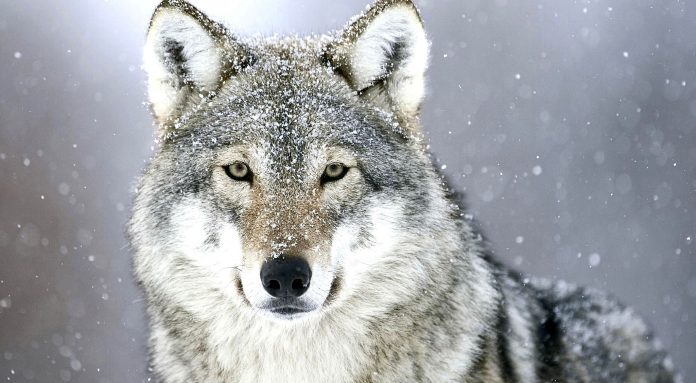
The Fight To Restore Federal Protection For Gray Wolves Intensifies After Devastating Laws Allowing Their Slaughter Are Passed In Idaho & Montana
By Lauren Lewis
You can help all animals and our planet by choosing compassion on your plate and in your glass. #GoVeg
RELATED ARTICLES
Amazon Faces Growing Backlash Over Selling Cruel Donkey-Hide Gelatin Products
Animal welfare advocates representing millions of people around the world gathered at Amazon HQ2 to hand-deliver over 370,000 petition signatures demanding that Amazon ban...
Man Charged With A Felony For Leaving His Dog Tied To A Fence During Hurricane Milton
A 23-year-old man has been charged with aggravated animal cruelty, a third-degree felony, after footage of his abandoned dog went viral just before Hurricane...
Colorado Officials Call Off Search For Wolf Pup Left Behind After Copper Creek Pack Was Captured
A picture of the suspected fifth wolf pup of the Copper Creek pack. Photo by: Colorado Parks and Wildlife
Conservationists and wildlife advocates are outraged...
Popular stories
Industry News
Victory! U.S. Judge Revokes Permit For Keystone XL Pipeline That Was Expected To Stretch From Canada To Nebraska
Photo By: Sierra Club
A federal judge ruled yesterday that the U.S. Army Corps of Engineers violated the law when it approved Nationwide Permit 12, a key...
Breaking News
New Lawsuit Aims To Protect Wolves In Northern Rocky Mountains After USFWS Denied Them Protection
Four conservation and animal protection groups sued the U.S. Fish and Wildlife Service this week for denying their petition to protect gray wolves in...
Breaking News
Biden Administration Moves To Remove Endangered Species Act Protections For Gray Wolves
In some very upsetting news, the Biden administration has requested that an appeals court reinstate a Trump-era rule that removed the last remaining Endangered...


